Tuesday’s Debate: Can Bernie Sanders Show the Country He’s Presidential Material?
Plenty is at stake and there are many reasons to tune in. For Sanders, the big challenge will be demonstrating he's not merely a darling of the progressive left but has the vision, capacity and skills to lead the nation at a tough time.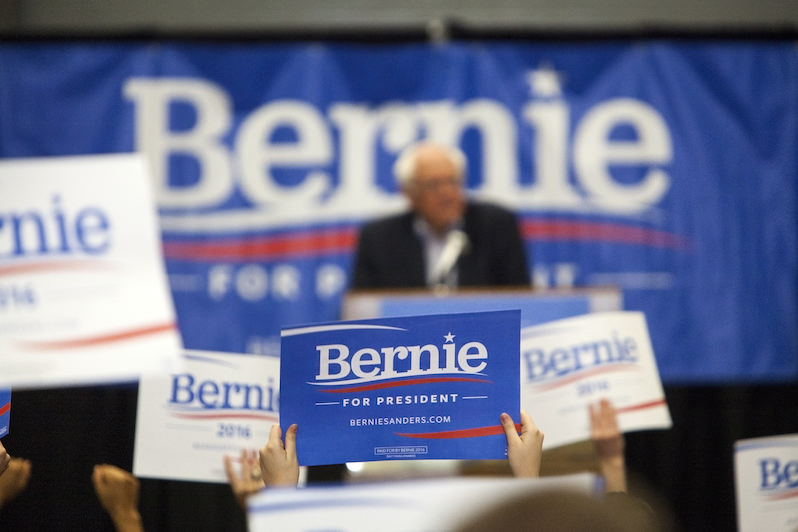

Juli Hansen / Shutterstock
In the 2008 presidential campaign, Hillary Clinton campaigned like a Democratic Dick Cheney: she gave steely speeches that showed she knew how to get government’s gears and levers to turn to make things happen. It was clear, wonky and satisfied insiders but not enough Democratic primary voters.
[Barack] Obama, in contrast, ran promising a different White House management style. He was the anti-George W. Bush, promising to be more of a mediator-in-chief than a commander-in-chief who launched pre-emptive wars and other foolish escapades.
During the testiest moment of their presidential debates, Obama was asked if he liked Sen. Clinton and he famously replied, she was “likeable enough.”
It’s been a long road since the last Democratic presidential candidate debates and the biggest questions for tonight’s big event on CNN concern will Democrats and the country like what they see? There is a lot to look at and look for.
Will they see a Hillary Clinton who has grown as a candidate and person? Can she somehow shed the bad part of the baggage that has dogged her campaign so far—from the self-inflicted wound of using a private e-mail server while Secretary of State, which has given the Hillary-hating GOP tens of thousands of targets to pry into; to the larger notion that she’s somewhat distant as a person and is most comfortable around political insiders and America’s business elite—who she would subject to more federal regulation and possibly higher taxes, but not enough to transform the economy or dent their wealth.
Then there’s Bernie Sanders, whose last debate three years ago was laughable in contrast to tonight’s nationwide event in Las Vegas. Three years ago, Sanders, his Senate opponent and a moderator huddled inside a tiny central Vermont radio studio. Tonight Bernie’s biggest challenge is showing Democrats across the nation that he is presidential material, not merely a darling of the progressive left. He has to convey that beyond a surging grassroots campaign that he is the real deal: that he has the vision, capacity and requisite leadership skills to win the presidency and lead the nation at a hard time.
The other candidates on the debate stage will be trying to stand out and breathe some life back into their flagging campaigns. But whether or not former Maryland Gov. Martin O’Malley, former Rhode Island Gov. Lincoln Chaffee, and former Virginia Sen. Jim Webb will be able to accomplish that is a secondary question. The debate is really Hillary’s and Bernie’s show—with the shadow of Vice-President Joe Biden looming in the distance. Biden is mulling his options to enter the race at a late stage, but probably would not do so unless Clinton’s campaign collapses and he has Obama’s full backing.
Meanwhile, a sixth candidate whose polling is on par with the trio of O’Malley, Chaffee and Webb isn’t being allowed onto the stage. Harvard law professor Larry Lessig, who is running a single-issue campaign to reform the campaign finance system, has not been invited to the debate by the party’s top honchos, much to his chargin.
Of course, the debate itself will concern issues that separate Bernie from Hillary and the others. But there is a greater distance between any of these candidates and the GOP over the biggest issues facing the country than there is distance between them all on the major issues. As expected, in recent weeks, Hillary has moved to the left, and even Bernie has moved somewhat on gun control to be closer to his rival’s positions. There’s also the intangibles that people will be watching for, such as their temperament, their grace under pressure, and ability to think on their feet. And there’s their strategy and ability to deal with the GOP.
In the day-to-day world of messy politics, the Republican Party is in chaos. In the House, it cannot elect a speaker because no one’s blood is pure enough for the hard liners. In the Senate, Majority Leader, Republican Mitch McConnell is playing hardball with the White House, saying he won’t agree to raise the federal debt this year unless the White House agrees to cut cost of living increases for Social Security and means-test Medicare recipients, among other things. Obama has rejected that.
So, while the Democratic candidates will try to impress the party’s base that they are “likeable enough,” or better yet, actually inspiring, the Democrats need to select a nominee who knows how to deal with the crazies across the aisle and the armed insurgencies abroad—whether religious fundamentalists or Putin’s proxies.
It will be fascinating to see who emerges as not just the most likeable or inspiring candidate, but as the most capabable one—capable of winning the nomination, winning the presidency, and winning the unending wars with the crazies.
Your support matters…Independent journalism is under threat and overshadowed by heavily funded mainstream media.
You can help level the playing field. Become a member.
Your tax-deductible contribution keeps us digging beneath the headlines to give you thought-provoking, investigative reporting and analysis that unearths what's really happening- without compromise.
Give today to support our courageous, independent journalists.
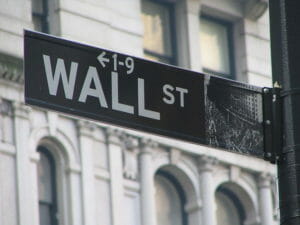
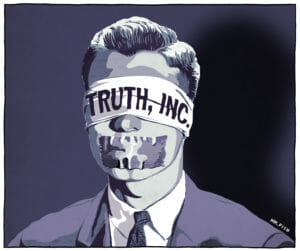

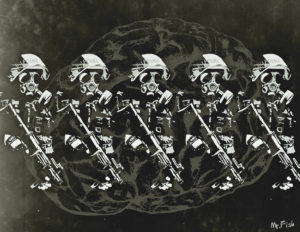
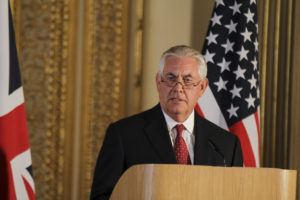

You need to be a supporter to comment.
There are currently no responses to this article.
Be the first to respond.